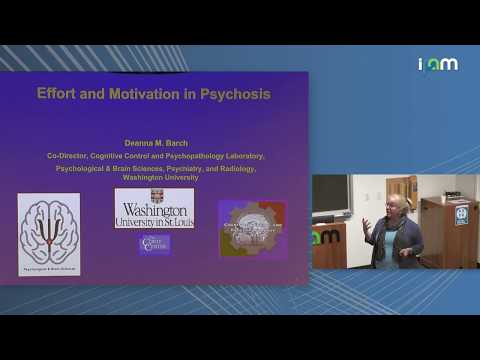Description:
Explore a comprehensive lecture on computational approaches to understanding impaired motivation and effort in psychosis. Delve into the application of cognitive and affective neuroscience techniques in identifying psychological and neural sources of motivational impairments in individuals with schizophrenia. Learn about the roles of the striatum and frontal parietal networks in reinforcement learning and motivated behavior. Discover how computational methods can dissect complex behavioral tasks, allowing for more precise interpretations of underlying mechanisms. Examine case studies on reinforcement learning and effort-based decision making in psychosis, and understand how these insights can contribute to the development of targeted interventions. Gain valuable knowledge on topics such as anhedonia, cognitive control, error processing, and the relationship between negative symptom ratings and subjective value curves in patients with psychosis.

Computational Contributions to Understanding Impaired Motivation and Effort in Psychosis
Add to list
#Science
#Biology
#Neuroscience
#Cognitive Neuroscience
#Computer Science
#Machine Learning
#Reinforcement Learning
#Social Sciences
#Psychology
#Motivation
#Health & Medicine
#Nutrition & Wellness
#Mental Health
#Schizophrenia
#Brain Imaging